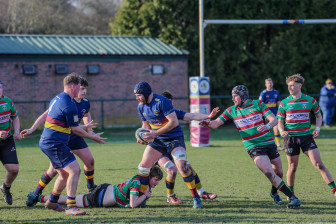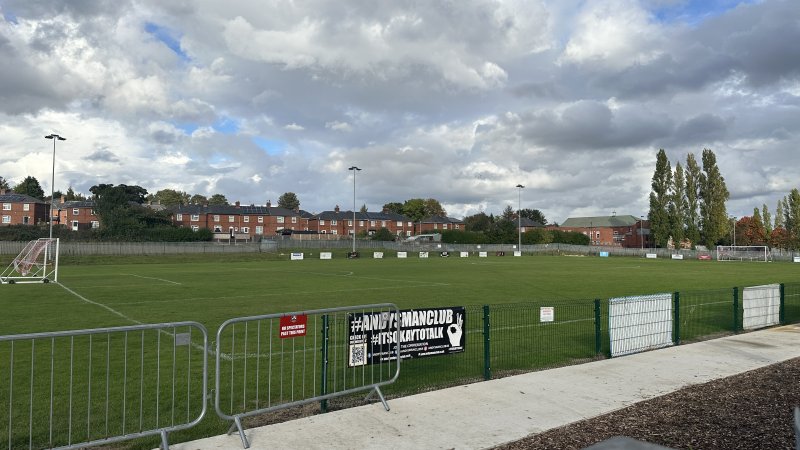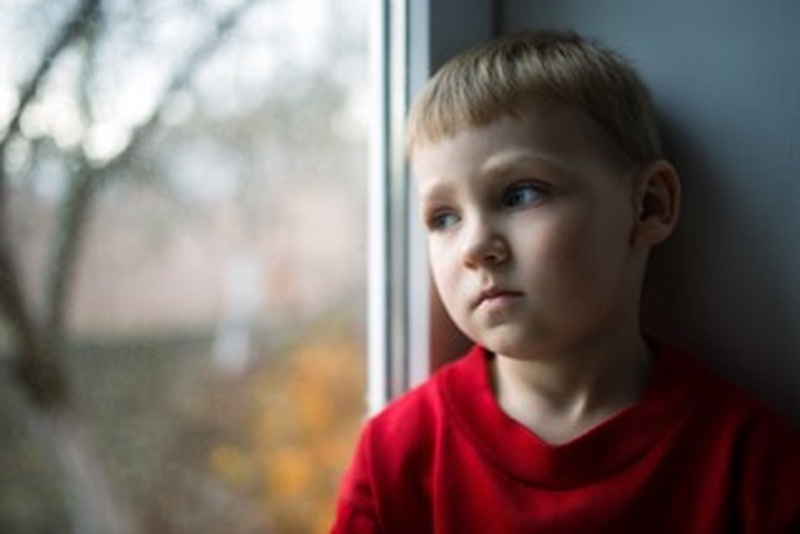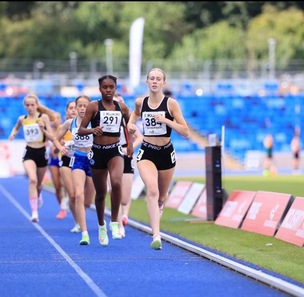THOUSANDS of children in Barnsley are being failed through a ‘dual crisis’ of poverty and mental health due to their families’ squeezed finances which have seen levels surge in recent years.
Department for Work and Pensions statistics show a record number of children across the UK lived in households earning less than 60 per cent of the median income in 2022/23.
This includes 10,121 children in Barnsley - equivalent to 22.4 per cent of under-18s in the area.
A report, from the Centre for Mental Health, Save the Children UK and the Children and Young People’s Mental Health Coalition, called on the government to immediately scrap the two-child benefit cap.
The two-child limit on benefits means that families who have had a third or subsequent child after April 2017 are denied up to £3,235 per year per child compared with families whose kids were all born before that date.
It’s estimated that 6,240 children across 1,780 households in Barnsley - more than one in ten - are affected by the limit.
Several Labour MPs have criticised the cap, calling for it to be scrapped, but Prime Minister Sir Keir Starmer has resisted pressure to do so.
Priya Edwards, policy and advocacy adviser at Save the Children UK, said: “A childhood blighted by poverty and poor mental health leads to dreadful outcomes for young people that sadly impacts them for the rest of their life.
“Families deserve better than constant anxiety about making ends meet.”
Separate figures from the Ministry of Housing, Communities and Local Government show a record number of homeless children were living in temporary accommodation as of the end of March.
The number of children housed in temporary accommodation such as hotels and bed and breakfasts has risen by 17 per cent since 2020, surpassing 150,000 and reaching the highest figure since records began in 2004.
Fifty-six were in Barnsley, the figures - obtained by the Chronicle - revealed.
They also show 28 households with children in Barnsley were assessed as needing a prevention duty in the three months to March, with a further 44 assessed as needing a relief duty.
A prevention duty must be issued if the household has been threatened with homelessness and is eligible for local council support, while a relief duty is needed when the applicant is already homeless.
A spokesperson for the Ministry of Housing, Communities and Local Government said: “This government inherited a housing crisis which has left families stuck living in temporary accommodation, and we know this is having a knock-on effect of increasing pressure on council finances.
“We have laid out clear plans in the short and long-term about how we will deliver our target of 1.5 million homes.
“We will prevent homelessness before it occurs by banning Section 21 evictions and deliver the biggest increase in social and affordable housebuilding in a generation.
“We will also give councils more stability through multi-year funding settlements.”





























